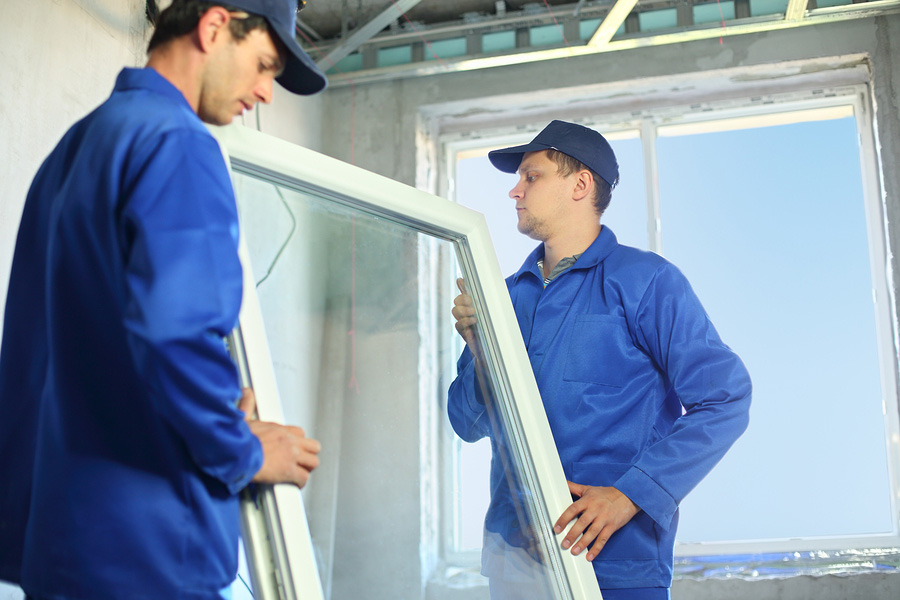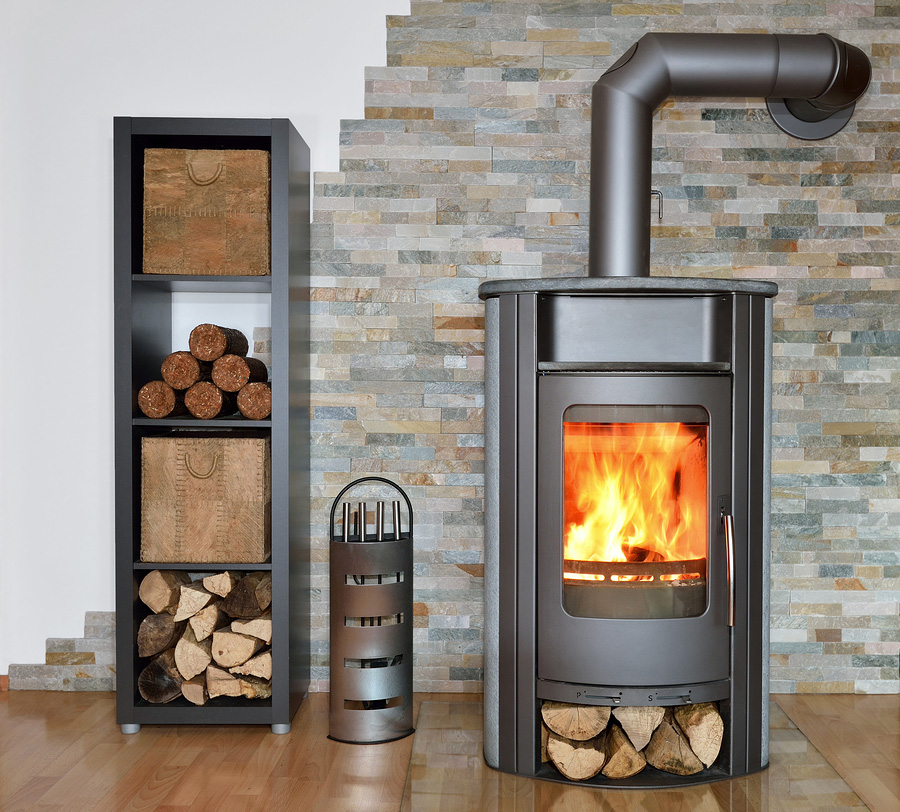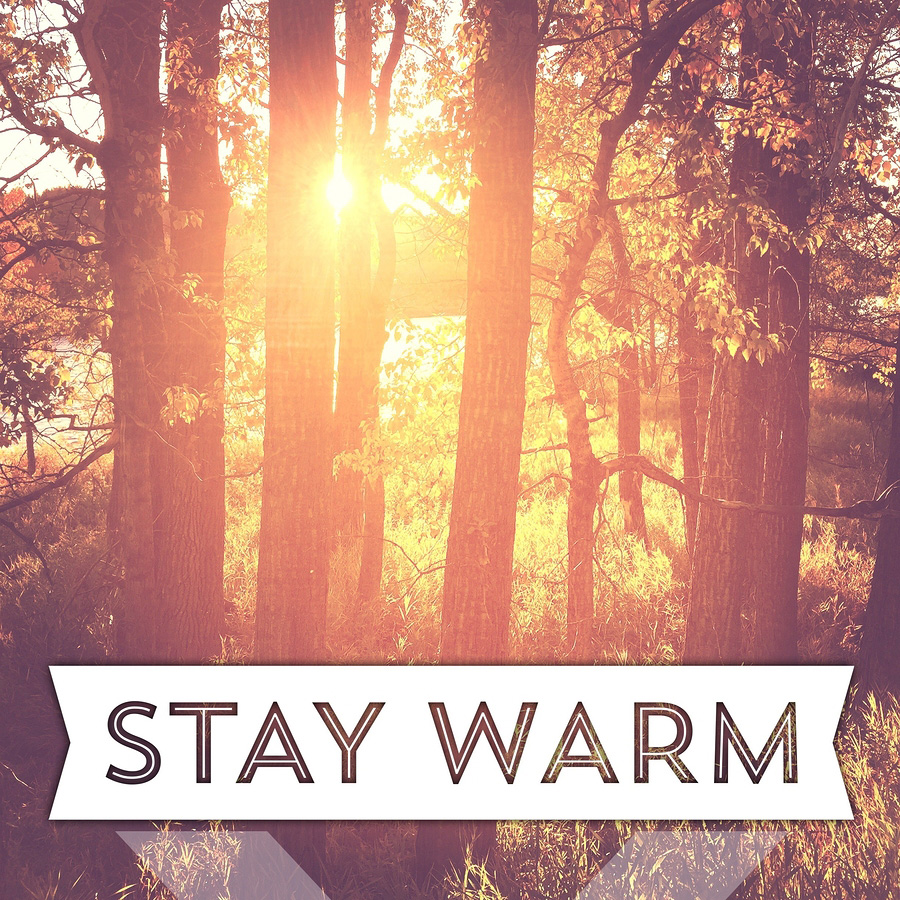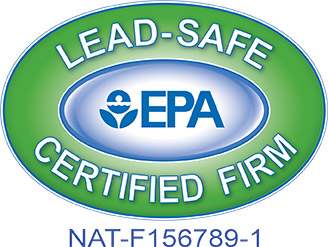Saving Money by Saving Energy
 For those of us in the Northeast, a recent cold front means we’re all about heaters, fireplaces, and hot showers at the moment. As the temperatures drop our energy bills begin to rise in the quest to make our homes more comfortable.
For those of us in the Northeast, a recent cold front means we’re all about heaters, fireplaces, and hot showers at the moment. As the temperatures drop our energy bills begin to rise in the quest to make our homes more comfortable.
Fortunately, there are a few adjustments that can make your home more energy-efficient, saving money and reducing your energy consumption at the same time.
One easy fix is replacing your furnace filter like clockwork. Once they fill up with dust, your furnace has to work twice as hard to pump out the warm air. Set a reminder on your calendar to swap them out every 30 days.
Another idea is upgrading to a tankless water heater. While this requires an investment upfront it more than pays off in energy savings over time. According to Energy.gov, tankless water heaters are not only up to 34% more energy efficient but also have a longer life expectancy.
Replacing your windows is definitely upping the ante cost-wise, but having a constant cold air draft is a surefire way to increase your energy bill. This is another one of those improvements that costs upfront but saves remarkable dividends in the long run.

If window replacement is just not in the cards for you right now, here is a great article on insulating your windows for the cold weather months ahead.
Speaking of insulating: one of the biggest differences you can make as far as climate control in your home is by ensuring your attic is insulated with the equivalent of R49 insulation (at least). Most counties now have this as a must per new construction code, but older homes could greatly benefit from hiring a contractor to put blown-in insulation in the attic. Cost varies, but this can typically be done for less than $2 per square foot.
No fireplace? How about installing a wood stove. You don’t even need an existing chimney; you can vent a wood stove directly through a wall in your home. No really, it’s true!

A pellet stove would also be a nice addition. The pros of pellet over wood is that pellet stoves are often less expensive than wood stoves, and they are also more of an eco-friendly, “green” option. Wood stove have a higher price tag, but their fuel (the wood) tends to be less expensive than pellets, and that crackling sound…well, nothing beats that.
Stay warm, friends!



